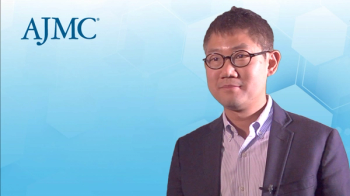
MD Anderson Cancer Center's Hans Lee, MD, shared considerations for possible infection risk associated with bispecific therapies used to treat relapsed/refractory multiple myeloma (MM) at the European Hematology Association 2023 Congress

MD Anderson Cancer Center's Hans Lee, MD, shared considerations for possible infection risk associated with bispecific therapies used to treat relapsed/refractory multiple myeloma (MM) at the European Hematology Association 2023 Congress
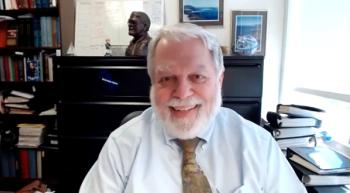
James F. Howard Jr, MD, professor of neurology at the University of North Carolina at Chapel Hill, explains how nerve and muscle signaling in the neuromuscular junction go awry in myasthenia gravis.
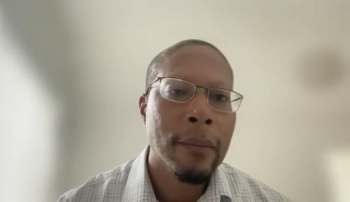
Tycel Phillips, MD, hematologist-oncologist at City of Hope in Duarte, CA, discussed the utility of epcoritamab in diffuse large B-cell lymphoma (DLBCL) and the potential impacts the bispecific antibody's recent approval will have in the community oncology setting.
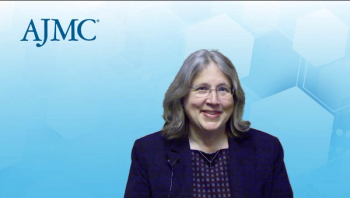
Barb Kunz, MS, LCGC, senior genetic counselor at the US Oncology Network, discussed the importance of germline genetic testing in patients with triple-negative breast cancer and other cancer types.
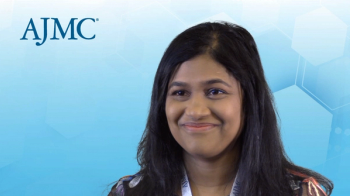
If payers can agree on consensus criteria to improve care quality or costs, that will help physicians remember and try to be compliant, said Samyukta Mullangi, MD, MBA, incoming medical director at Thyme Care.
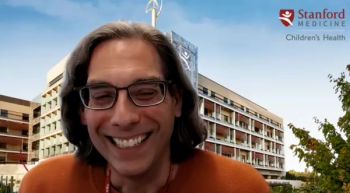
The pilot 4T study showed consistent hemoglobin A1C improvement in all children with type 1 diabetes (T1D) after 1 year, underscoring the importance of early continuous glucose monitoring (CGM) following diagnosis, explained David Maahs, MD, PhD, professor of pediatrics at Stanford University and division chief of pediatric endocrinology at Lucile Packard Children’s Hospital.
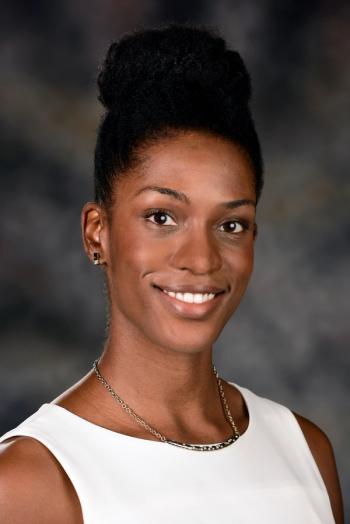
In this interview with The American Journal of Managed Care®, Symielle A. Gaston, PhD, MPH, of the National Institute of Environmental Health Sciences (NIEHS) of the National Institutes of Health, explores the relationship between sleep health and outcomes disparities among patients of various races and ethnicities.

Targeting insomnia with cognitive behavior therapy is almost like a frontline therapy, because by doing so, you’re able to improve a whole host of other symptoms that would coexist with insomnia, explained Sheila Garland, PhD, MSc, Memorial University in Newfoundland, Canada.
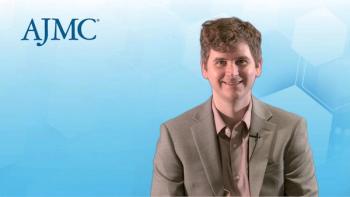
Research is finding that there is an intricate connection between sleep and inflammation, such that lack of sleep can increase inflammation, noted Andrew McHill, PhD, an assistant professor at Oregon Health and Science University.
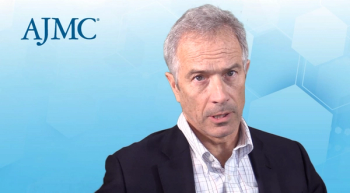
Robert Sidbury, MD, MPH, professor of pediatrics at Seattle Children's Hospital, discusses best practices that physicians and parents of infants with atopic dermatitis (AD) can do to help manage flare- ups, as well as barriers to care, which he presented at the Revolutionizing Atopic Dermatitis conference.
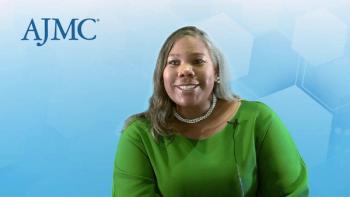
Dayna Johnson, PhD, MPH, MSW, MS, the Rollins School of Public Health at Emory University, discusses principal findings from the analysis of a 35-day sleep intervention study that utilized a mobile mindfulness app to manage stress and anxiety combined with healthy sleep practices.
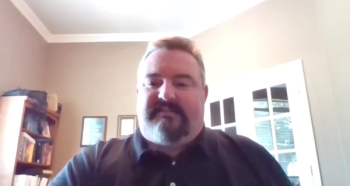
Travis Brewer, vice president of payer relations at Texas Oncology, discusses the importance of oncologists’ collaboration with payers to improve value-based care.
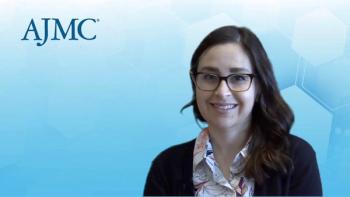
It’s important to consider the social context, the social ecology, and the family environment when investigating behavioral sleep problems among children and adults, noted Arielle Williamson, PhD, DBSM, Children's Hospital of Philadelphia and the University of Pennsylvania Perelman School of Medicine.
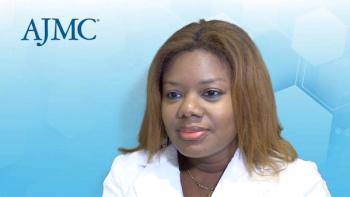
Judite Blanc, PhD, is lead author on the abstract, “Social Determinants of Sleep Disorders Among Multiethnic Americans in the NIH All of Us Research Program,” which was presented today at SLEEP 2023.
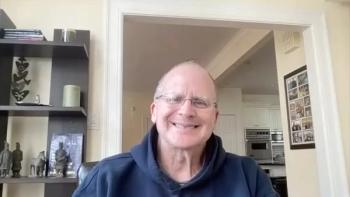
Mark Fendrick, MD, speaks about how how minority populations may be the most at risk following the Braidwood ruling on preventive care.
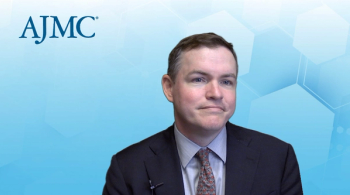
Jason Westin, MD, MS, FACP, director of the Lymphoma Clinical Research Program at the University of Texas MD Anderson Cancer Center, gave insight the ZUMA-7 trial of axicabtagene ciloleucel (axi-cel) in relapsed or refractory large B-cell lymphoma (R/R LBCL) and the study's implications in the broader LBCL landscape.
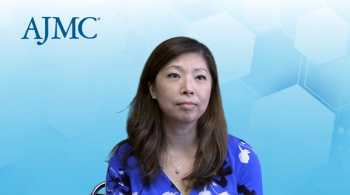
Judy Wang, MD, medical oncologist and clinical trials investigator at Sarah Cannon Research Institute at Florida Cancer Specialists & Research Institute, discussed the mechanism of action and rationale for studying CLN-619, an anti-MICA/B antibody, with and without pembrolizumab in patients with solid tumors.
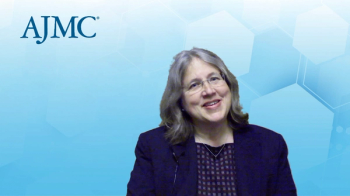
Barb Kunz, MS, LCGC, senior genetic counselor at the US Oncology Network, shared insight on a study of social determinants of health in the context of germline genetic testing for triple-negative breast cancer (TNBC) in the community oncology setting.

"It's really important that oncologists are on level footing along with the rest of their medical peers," said Samyukta Mullangi, MD, MBA, incoming medical director at Thyme Care.
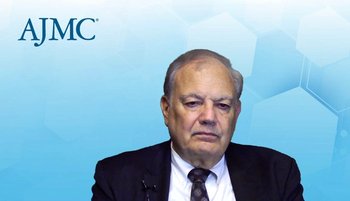
Dennis Slamon, MD, PhD, lead investigator on the NATALEE trial of ribociclib plus hormonal therapy in hormone receptor–positive, HER2-negative early-stage breast cancer, discussed the study's broad population and potential payer reactions.
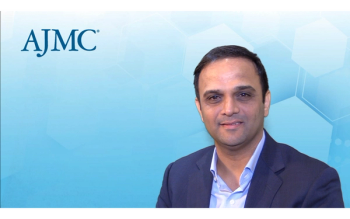
Surya Bhatt, MD, associate professor of medicine at University of Alabama at Birmingham, talks about a new trial in which dupilumab was used in patients with chronic obstructive pulmonary disease (COPD) with frequent exacerbations and type 2 inflammation.
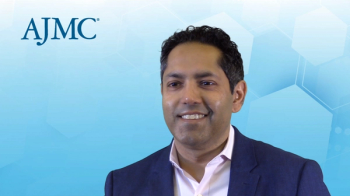
Amal Agarwal, DO, MBA, chief clinical officer at Monogram Health, explains the importance of value-based agreements in dialysis care, and the issue of dialysis prevalence among low-income and marginalized communities.

Unmet needs include both improved myasthenia gravis treatments as well as a way to monitor progression of the disease, said James F. Howard, Jr, MD, professor of neurology at the University of North Carolina at Chapel Hill.
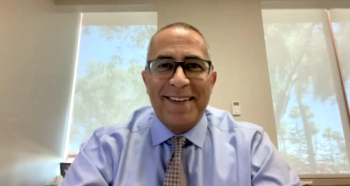
Attendees will gain insight into the future of multiple myeloma (MM) therapies and updates on pivotal clinical trials at the 2023 European Hematology Association (EHA) Congress, according to Joseph Mikhael, MD, MEd, FRCPC, FACP, chief medical officer of the International Myeloma Foundation.
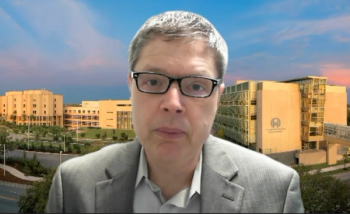
Jeffrey E. Lancet, MD, chair of the Department of Malignant Hematology at Moffitt Cancer Center in Tampa, Florida, gave his insight on the treatment of acute myeloid leukemia (AML) across patient groups.
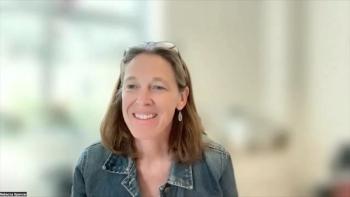
In this preview interview for SLEEP 2023, Rebecca Spencer, PhD, chair of the Associated Professional Sleep Societies Program Committee, highlights how bringing patients and clinicians together can inspire new ideas in sleep medicine.
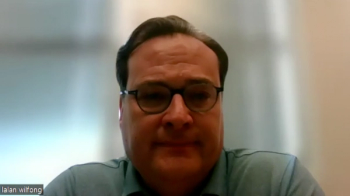
Lalan Wilfong, MD, senior vice president of payer and care transformation at The US Oncology Network, shared insight into lessons learned from the Oncology Care Model (OCM) and looked ahead to the Enhancing Oncology Model (EOM) ahead of a panel discussion at the 2023 ASCO Annual Meeting.
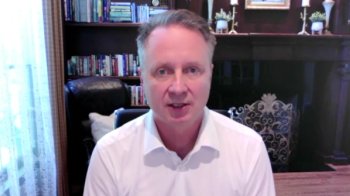
Andrew Evens, DO, MBA, MSc, associate director for clinical services at Rutgers Cancer Institute, discussed the ways in which SWOG S1826 trial results will build on current knowledge of Hodgkin lymphoma treatment.
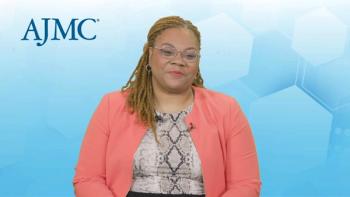
Mitzi Joi Williams, MD, FAAN, medical director and CEO of Joi Life Wellness Neurology Clinic, discusses how underrepresentation of minority population patients in clinical trials became an issue and how education and raising awareness can begin to remedy it.
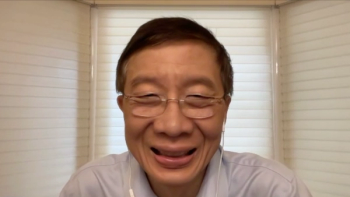
Insurance is by far the most important factor of whether patients followed up with treatment after getting screened for glaucoma, said Byron L. Lam, MD, professor of ophthalmology, University of Miami Miller School of Medicine's Bascom Palmer Eye Institute.